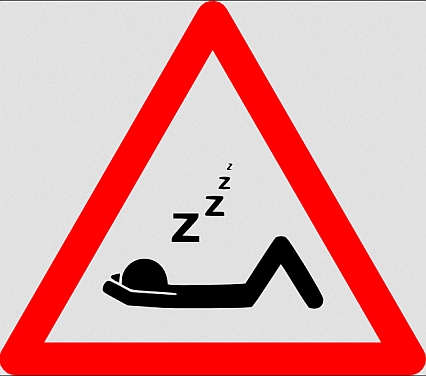With two weeks to go until it comes into force, it seemed about the right time to highlight/remind anyone here who takes any of the relevant medicines, that the law regarding medical drugs and driving is about to change.
It does NOT apply to any thyroid hormone medicines.
Below I have pasted the entire contents of the leaflet to be given to patients.
New law on driving having taken certain drugs
July 2014
Key messages
• A new law on driving after taking certain drugs (including some medicines – see below) is coming into force in March 2015
• This law states that it is an offence to drive with certain drugs above specified levels in the body, whether your driving is impaired or not
• If you are taking these medicines as directed and your driving is not impaired, then you are not breaking the law
• Keep taking your medicines as prescribed
• Check the leaflet that comes with your medicines for information on how your medicines may affect your driving ability
• Do not drive after taking your medicines until you know how they affect you
• Do not drive if you feel drowsy, dizzy, unable to concentrate or make decisions, or if you have blurred or double vision
• If your driving is impaired then you are guilty of breaking the law
What is the issue?
A new law on driving with certain drugs above specified limits in the body is expected to come into force on 2nd March 2015.
• extreme pain (morphine, diamorphine, ketamine) The list of drugs includes certain medicines that are sometimes abused, such as medicines used to treat:
• anxiety or inability to sleep (diazepam, clonazepam, lorazepam, oxazepam, temazepam)
• drug addiction (methadone)
• attention deficit hyperactivity disorder, also known as ADHD (amphetamine)
• multiple sclerosis (nabiximols)
If you are found to be driving with any of these medicines above the limits in your body, you could be guilty of breaking the law. But if you are taking the medicines according to the advice of your prescriber or leaflet in the package, and your driving is not impaired, then you are not guilty of breaking this law.
What will happen if I’m stopped by the police?
The police may use a roadside test to see if you have taken any of the drugs. If the test detects any relevant drugs, the type and level of the drugs in your body can be confirmed by a blood test taken at the police station. The law provides you with a “medical defence”. This states that you are not guilty if:
• the medicine was prescribed, supplied, or sold to you to treat a medical or dental problem, and
• you took the medicine according to the instructions given by the prescriber or the information provided with the medicine.
But if your driving is impaired, you are guilty of breaking the law.
What should I do if I need to take any of the specified medicines?
Keep taking your medicine as prescribed. Check the leaflet that comes with your medicine for information on how your medicine may affect your driving ability. Do not drive while taking your medicine until you know how it affects you. Do not drive if you feel drowsy, dizzy, unable to concentrate or make decisions, or if you have blurred or double vision.
For further information on this new law, go to:
More information here:
gov.uk/drug-safety-update/d...
Rod
